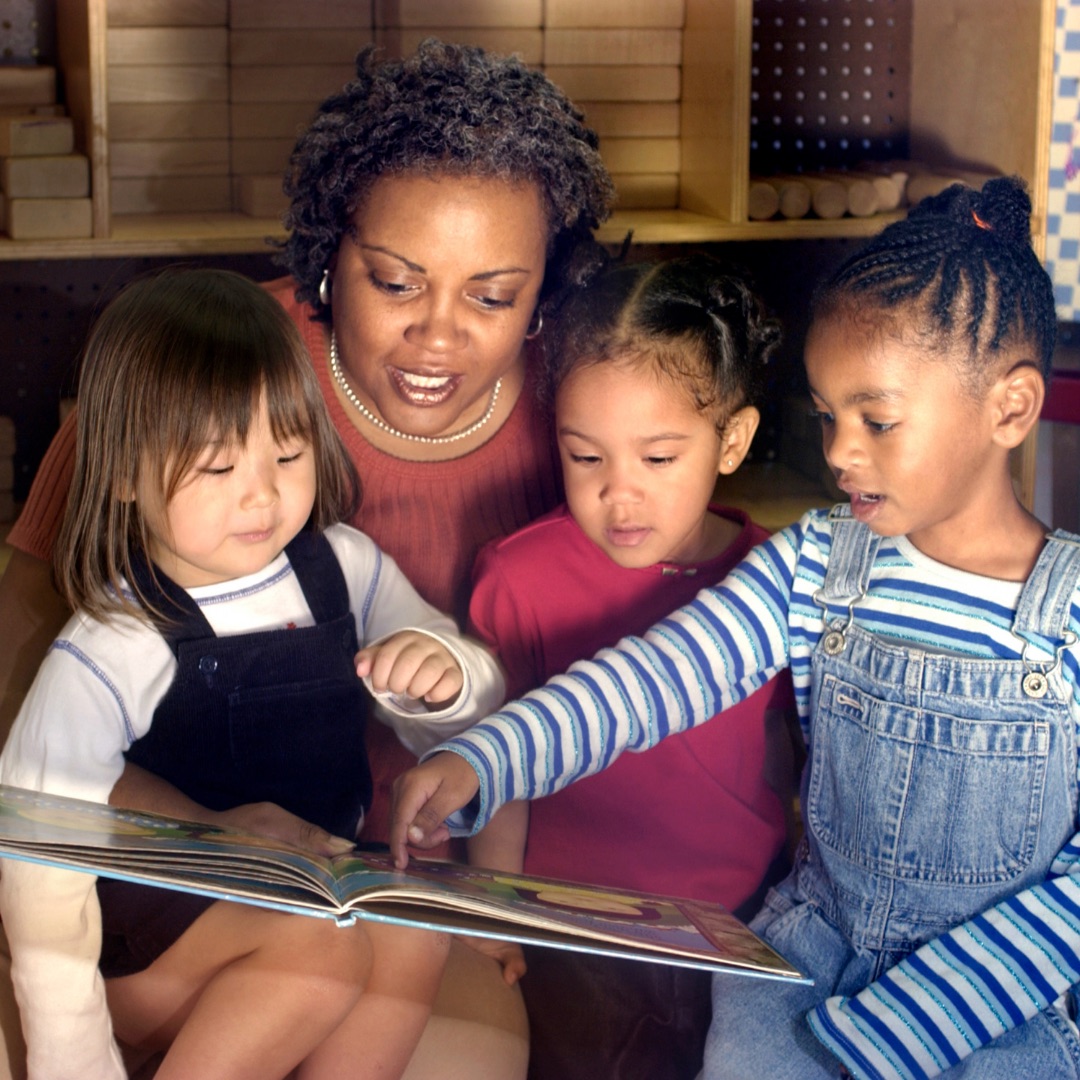
This is no ordinary Back to School season. When classrooms moved online last year, parents got a front-row seat to daily classroom life, from listening to remote “circle time” to trying to engage and motivate children slumping disengaged in their chairs. It gave many parents a first-time opportunity to participate in their children’s schooling, including daily views of teachers onscreen. There was an unprecedented level of family engagement, by choice or by default: We were all in it together, within the same four walls.
And this fall, if all continues on course, they go back. What will that look like? Learning loss is top of mind for parents and educators, but so is the loss of emotional intelligence skills—especially for the youngest learners, who have either spent half their lives at home in a pandemic, or had the first steps of a school routine pulled out from under them in 2020. In fact, according to a new study by the Early Learning Center at Harvard, 61 percent of parents said they were most concerned about their child’s emotional development—this, ahead of their academic development. According to new research from California-based ed-tech company Osmo, 72 percent of parents expressed concern that their kids have lost valuable social skills. Respondents were especially concerned that kids will have difficulty remembering basic manners and managing simple interactions, such as making conversation with friends (41%), meeting new people (40%), sharing (35%), staying quiet for long periods (34%), waiting their turn (31%), and remembering to say “please” and “thank you” (37%). And 62% of parents said they worry their children will not be able to pick up where they left off once they return to in-person learning.
The value of school in children’s development is top of mind, as 85 percent of parents see socializing as a necessary skill developed in classrooms, and 44 percent believe it’s just as important as academic learning. To help kids move forward, 81 percent of survey respondents said schools should implement more activities to encourage/teach social skills.
And parents became more involved in schooling than ever before. During the quarantine, 64 percent of parents of school-aged children became more engaged than ever before in their kids’ learning, according to a survey by the National Parents Union.
This high level of engagement between teachers and parents is an opportunity to build upon.
Research shows that family engagement plays a critical role in not only their academic success, but also their emotional growth and well-being. Before we can focus on learning, we must first attend to kids' emotions and help them identify, understand, and regulate all that they are experiencing.
Children, particularly the youngest of learners, are going to arrive at school with big emotions in their backpacks along with lunch boxes and water bottles. It is critical to not only ease this transition, but begin to build key emotional and social skills so there is a bridge between school and home.
When children go back to school, their daily focus becomes trained on the teacher, after a year and a half at home. But this can’t be a passing of the baton; parents need to stay engaged with teachers and work in tandem, sharing information about the child’s challenges and progress.
*Are they ready to go back to school, or start school?
*How are their eating and sleeping habits?
*How do they feel about masks and social activities?
*Have they been acting out, displaying extreme emotions?
Children will be demonstrating stress in their behavior. It doesn’t mean they’re not ready for school. But it means they need help from both the parent and teacher in dealing with the underlying emotions driving the behavior.
We are in a time where communication between parents and teachers is most critical, and fortunately, also most convenient. This is a pivotal opportunity to make sure the energy and connectedness to the classroom doesn’t wane, as hopefully, the virus does.
These Posts on Parenting
Housman Institute, LLC
831 Beacon Street, Suite 407
Newton, MA 02459
info@housmaninstitute.org
(508)379-3012
Explore
Our Products
Legal
Connect
Contact
Join our Mailing List!
Subscribe to receive our newsletter, latest blogs, and ECSEL resources.
We respect and value your privacy.
No Comments Yet
Let us know what you think